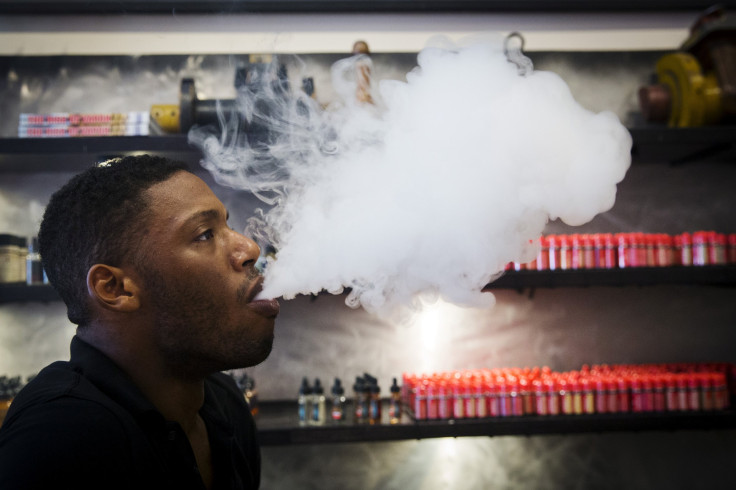African-American Health Issues: Black Adults In NYC Are More Likely To Smoke, Drink, Study Finds

Black adults born in the United States and residing in New York City have more health issues than African immigrants, Caribbean immigrants, and other black populations in the city, a new study found. A study released Thursday by the New York City Health Department analyzed the health data of blacks in the city from 2010 to 2014 and found significant differences between various groups.
Black New Yorkers born in the U.S. are more likely to smoke, drink, and have chronic health conditions like high blood pressure and obesity than other black groups, the analysis found. Chronic diseases such as high blood pressure, diabetes and obesity account for 23 percent of all hospitalizations in the state of New York and six out of every 10 deaths, according to the New York State Health Department.
The study found that 53 percent of U.S. born blacks reported being drinkers, while 44 percent of Caribbean-born blacks and 34 percent of African-born blacks reported drinking. All black groups were less likely to be drinkers than white New Yorkers, 70 percent of whom reported drinking.
Twenty-two percent of U.S. born blacks reported being current smokers, whereas only six percent of Caribbean black adults and nine percent of other black adults did. U.S. born black adults were more likely to have high blood pressure, with 38 percent reporting hypertension compared to 35 percent of Caribbean immigrants and 30 percent of African immigrants.

The study was conducted by the NYC Health Department’s Center for Health Equity, which aims to eradicate health inequality.
“These data are a reminder that communities of color are not monolithic. It is sobering that immigrants of African descent, on average, have better health and fewer risk factors than the native born,” said Health Commissioner Dr. Mary T. Bassett. “The city remains committed to reducing these troubling health inequities and ensuring that every New Yorker has the opportunity to live a longer and healthier life.”
© Copyright IBTimes 2024. All rights reserved.





















